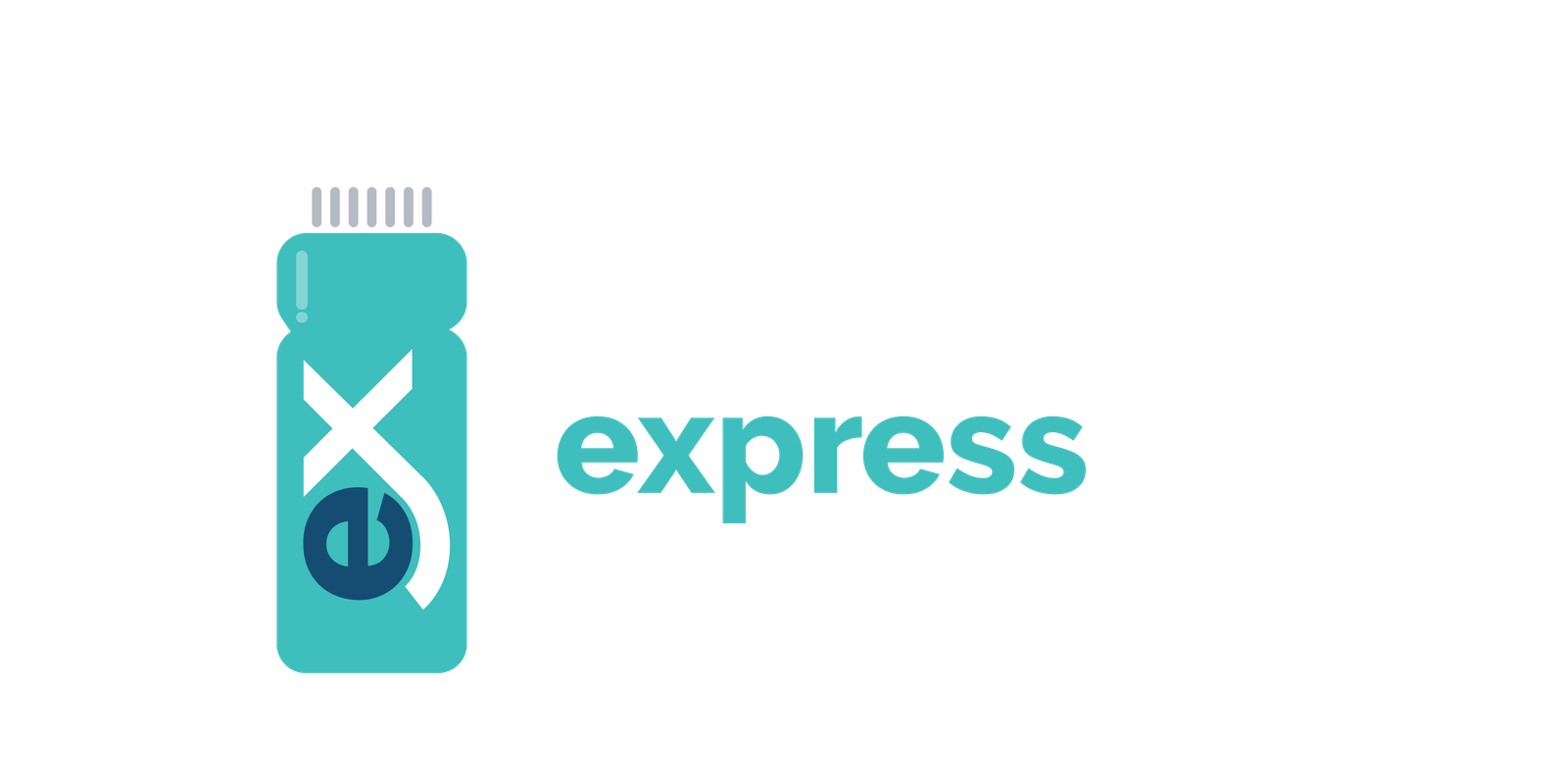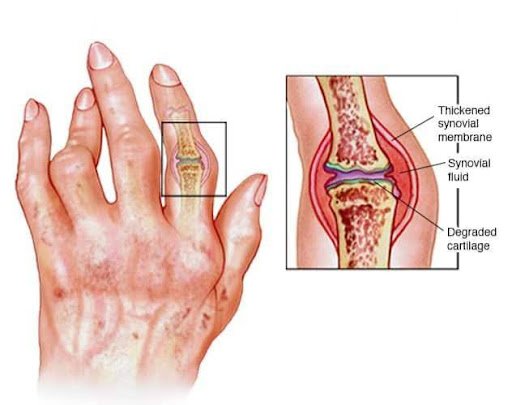Caffeine Consumption: Sources you’re not aware of, Plus some Side Effects
Picture this: it’s Monday morning, you reach for your favourite cup of coffee to kickstart the day, unaware of the invisible jigsaw pieces of caffeine forming your morning ritual.
Caffeine is an everyday companion for many, yet its true nature often eludes us. In this blog post, we’ll unravel the mysteries surrounding caffeine consumption, exploring its origins, effects, hidden sources, and potential pitfalls.
Brace yourself for a journey into the caffeinated cosmos, as we uncover the sources you never knew existed and side effects that might be knocking on your door.

Caffeine: More than Just a Wake-up Call
What is Caffeine?
Let’s start at the beginning. Caffeine is a natural stimulant found in coffee beans, tea leaves, and various plants.
It is a stimulant born in the rich soils of Africa, embraced by cultures worldwide. It’s a global phenomenon, with origins dating back to ancient civilizations that recognized its stimulating properties.
Today, caffeine is omnipresent, not just in our mugs of coffee but in energy drinks, sodas, and even some medications.
Let’s delve into the impact of caffeine abuse, a journey that many, especially African men, embark upon unknowingly.
Download Optimal Men’s Health now and take the first step towards a healthier tomorrow.
CHAPTERS
The Impact of Caffeine Abuse
However, our love affair with caffeine can take a darker turn. The abuse of this stimulant is prevalent, even for African Men, with many unwittingly consuming excessive amounts daily.
In this cultural tapestry, caffeine is more than a mere wake-up call; it’s a tradition, a ritual, a companion. From sleep disturbances to increased heart rate, the consequences of caffeine abuse are real and often underestimated.
Yet, within the folds of this daily indulgence, the shadows of caffeine abuse lurk, affecting many, particularly African men, in ways often unnoticed. Here are a few ways people abuse this global product unconsciously.

- Prolonged High Dosages:
In the pursuit of heightened alertness, some individuals fall into the trap of constantly increasing their caffeine intake. Whether through multiple cups of strong coffee or excessive energy drink consumption, the desire for an extended energy boost can lead to a dangerous spiral of dependency.
- Dependence for Productivity:
In the hustle and energetic cities of Africa, where time is a precious commodity, caffeine can become an ally in the pursuit of productivity.
Some individuals may find themselves relying on caffeine to meet work demands, unwittingly developing a dependence that blurs the line between a helpful tool and a potential hazard.
- Night-time Consumption:
African nights are vibrant, filled with communal gatherings and shared stories. However, the dark side of caffeine abuse emerges when it infiltrates these nocturnal moments.
Consuming caffeinated beverages late into the night can disrupt sleep patterns, leading to a cycle of fatigue and increased reliance on caffeine to stay awake during the day.
- Ignoring Personal Tolerance:
Cultural norms often shape our habits, and in Africa, where communal coffee ceremonies are cherished, it’s easy to overlook individual tolerance levels.
Some may unknowingly surpass their body’s capacity for caffeine, facing consequences such as nervousness, increased heart rate, and even digestive issues.
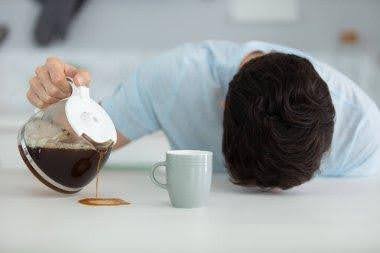
Effectiveness of Caffeine: A Powerful Brew!
In the wake of potential abuse, understanding how to harness caffeine’s effectiveness becomes paramount.
When wielded with wisdom, caffeine is more than just a stimulant; it’s a tool for unlocking productivity, enhancing performance, and navigating the daily demands of life.
For African men whose daily endeavors takes them across their cities for various function that requires great energy and motivation, caffeine becomes a way to go.
So how effective is Caffeine when used appropriately?
1. Enhanced Physical Performance
Absolutely! The effectiveness of caffeine goes beyond just waking us up. Athletes swear by its ability to improve physical performance. Caffeine increases adrenaline levels, releasing fatty acids from the fat tissues, preparing the body for intense physical exertion.
2. Improved Cognitive Function
Need a mental boost? Caffeine has your back. It enhances various aspects of brain function, including mood, reaction time, and overall cognitive function.
The next time you’re struggling with that Sudoku puzzle, a cup of coffee might be the answer.

3. Fat Burning Boost
Are you on a weight loss journey? Caffeine can be your ally. It stimulates the metabolic rate, aiding in the burning of fat. No wonder it’s a staple in many weights loss supplements.
Side Effects: When Caffeine Becomes a Silent Menace
Still on the journey of exploring Caffeine and its dynamism, it’s quite important to shed light on the clandestine side of this stimulant.
Beyond its potential to uplift and energize lies a shadowy territory where caffeine transforms from a friend into a silent menace.
What side effects of Caffeine must you be aware of while erecting your tents beside it?
1. Insomnia and Sleep Disruptions:
Imagine a night sky painted with stars, yet your eyes refuse to close. Insomnia, a consequence of excessive caffeine intake, transforms peaceful nights into restless struggles.
The stimulation that once propelled you through the day now disrupts the serenity of the night.
2. Anxiety and Jitters:
Caffeine’s stimulating embrace, when too tight, can give birth to anxiety, leaving you caught in a whirlwind of nervousness and jitters.
What was once a subtle lift in mood can morph into a rollercoaster of unease, a silent side effect affecting the unwary.
3. Digestive Discomfort:
The digestive system, often overlooked in the caffeine narrative, can rebel against excessive stimulant intake.
Digestive discomfort, ranging from mild unease to full-blown disturbances, can disrupt daily life, which highlights the complex relationship between caffeine and our internal balance.

4. Increased Heart Rate:
The heart, a steady drummer of life, may find itself beating an accelerated rhythm under the influence of caffeine.
This increase in heart rate, though temporary, can be disconcerting, revealing another facet of caffeine’s impact on the cardiovascular system.
5. Energy Crashes:
As the caffeine high fades, an unwelcome companion often emerges – the energy crash. What goes up must come down, and the rapid descent from heightened alertness to fatigue can leave you grappling with the aftermath of caffeine’s rollercoaster ride.
Precautions and Warnings: Navigating the Caffeine Minefield
Although the side effects of heavy Caffeine intake can be scary, however, that’s the essence of providing this enlightenment—to cast of the fears.
Now, let’s study the precautions that can guide us through this caffeinated labyrinth. Here’s how you can escape its dungeon:
1. Pregnant Women and Caffeine
Pregnant? Beware. Excessive caffeine intake during pregnancy has been linked to an increased risk of miscarriage. It’s advisable to limit caffeine intake during this crucial period.

2. Caffeine and Children
Children and caffeine might seem like an odd pair, but it’s a combination that’s becoming more common.
Be cautious, as excessive caffeine consumption in children can lead to a range of issues, including hyperactivity and disturbed sleep.
3. Caffeine and Aged People
In the quest for sustained energy, adults and the elderly may be tempted to increase their caffeine intake. However, aging bodies metabolize caffeine differently, making them more susceptible to its effects.
It’s crucial for this demographic to approach caffeine with caution, mindful of potential disturbances to sleep patterns and heightened sensitivity.
4. Caffeine and Medications:
The interaction between caffeine and medications is a complex dance. Some medications amplify the effects of caffeine, while others may be hindered.
It’s imperative for individuals on medication regimens to consult healthcare professionals, ensuring a harmonious coexistence between caffeine and prescribed treatments.
5. Caffeine and Digestive Diseases:
For those grappling with digestive diseases like diarrhea, caffeine can be a double-edged sword. Its stimulant nature may exacerbate digestive discomfort, making it essential for individuals with such conditions to monitor and moderate their caffeine intake.
6. Caffeine and Terminal Diseases:
In the realm of terminal illnesses, where comfort takes precedence, caffeine’s role requires careful consideration.
While some may find solace in a familiar cup, others may need to navigate potential interactions with treatments. A nuanced approach, guided by medical advice, becomes paramount in these delicate scenarios.

7. Caffeine and Students: Impact on Studies and Memory:
As students embark on the caffeine-fuelled journey of late-night study sessions, the impact on sleep and cognitive function must be acknowledged.
While caffeine can offer temporary boosts, overreliance may lead to disrupted sleep and, paradoxically, impaired memory. Striking a balance between alertness and a well-rested mind is key for academic success.
Navigating the caffeine minefield requires a tailored approach, recognizing that one size does not fit all. Each scenario presents unique challenges, and by understanding these nuances, we empower ourselves to make informed decisions.
Now, let’s uncover the concealed sources of caffeine that often escape our attention.
Hidden Sources of Caffeine: Where it Lurks Unseen
Prepare for a revelation: did you know that beyond the steaming mug of coffee, caffeine conceals itself in unexpected places?
According to recent research, a staggering 20 – 25% of caffeine intake comes from sources unknown to most.
Let’s uncover these hidden culprits and explore alternatives that allow you to savour the flavour without the caffeine overload.
1. Chocolate: The Sweet Saboteur
As you savour that chocolate bar, little do you realize that alongside sweetness, it delivers a dose of caffeine. Cocoa beans, the raw material for chocolate, naturally contain caffeine.
Opting for dark chocolate with lower caffeine content or exploring caffeine-free alternatives becomes a mindful choice.
2. Medications: The Unseen Culprit
The unsuspecting pill you pop for a headache or cold relief might harbor caffeine. Certain medications, including pain relievers and cold remedies, often include caffeine to enhance their effectiveness.
Consider exploring caffeine-free alternatives or consulting with your healthcare provider for suitable options.
3. Energy Drinks: The Obvious Deceiver
Energy drinks, marketed for a quick pick-me-up, are an overt source of caffeine. Surprisingly, their caffeine content often rivals that of a cup of coffee. Choosing hydrating alternatives like herbal teas or natural fruit juices provides energy without the caffeine jitters.
According to recent research, a staggering 20 – 25% of caffeine intake comes from sources unknown to most.
Let’s uncover these hidden culprits and explore alternatives that allow you to savour the flavour without the caffeine overload.

4. Ice Cream: The Cold Caffeine Sneak
Indulging in a scoop of your favorite ice cream might be an unsuspecting encounter with caffeine. Coffee-flavored or chocolate-containing ice creams may contain higher caffeine levels. Opting for fruit-based or vanilla varieties offers a delicious escape from the caffeine embrace.
5. Flavored Water: The Hydration Hoax
Quenching your thirst with flavored water seems innocent, but some varieties pack a caffeinated punch. Checking labels for caffeine content and opting for plain or naturally flavored water ensures a refreshing experience without the unintended stimulant.
6. Snack Bars: The Sneaky Boost
Reaching for a snack bar for a quick energy boost? Beware, as some bars, especially those promoting alertness, may contain added caffeine.
Exploring alternative snacks like nuts, seeds, or fruit bars provides sustained energy without the caffeine kick.
As we uncover these hidden sources, the key lies in mindful consumption. By being aware of where caffeine lurks, you empower yourself to make choices aligned with your desired level of stimulation.
Now, let’s seek expert advice on how to navigate the caffeine landscape wisely.
How to Kick the Caffeine Habit:

Now that we’ve navigated the twists and turns of caffeine’s world, it’s time to explore the art of breaking free from the stimulant shackles.
Kicking the caffeine habit might seem like a daunting journey, but fear not – with a dash of determination and a sprinkle of creativity, you can liberate yourself from the clutches of caffeine dependency.
- Embark on a Gradual Detox Adventure:
Think of kicking your caffeine habit as a scenic road trip rather than a sudden detour. Gradual detoxification allows your body to adjust without the shock of abrupt withdrawal. Start by reducing your daily caffeine intake bit by bit.
Swap that third cup of coffee for a soothing herbal tea or indulge in decaffeinated options. Your taste buds might not notice the difference, but your body will appreciate the gentler journey to caffeine freedom.
- Discover New Energizing Rituals:
Breaking up with caffeine doesn’t mean bidding farewell to the energizing rituals you cherish. Instead, redefine your routines with new, invigorating habits.
Take a brisk walk in the morning sunshine, dance to your favorite tunes, or indulge in a power nap for a natural energy boost. Who knew that caffeine-free vitality could be so electrifying?
- Stay Hydrated, Stay Caffeine-Free:
Water, the unsung hero in our quest for vitality! As you bid adieu to caffeine, make friends with H2O.
Hydration not only flushes out caffeine remnants but also revitalizes your body naturally. Invest in a quirky water bottle, make it your sidekick, and toast to a hydrated, caffeine-free existence.
Remember, the only jitters you’ll get are from the joy of staying refreshed!
- Concoct a Caffeine-Free Concoction:
Who said kicking the caffeine habit can’t be deliciously fun? Get creative in the kitchen with caffeine-free concoctions.
Whip up a tropical fruit smoothie, experiment with herbal infusions, or craft a mocktail masterpiece.
Unleash your inner beverage alchemist, and let your taste buds revel in the joy of caffeine-free concoctions.
- Celebrate Milestones, Not Milligrams:
As you embark on this caffeine-free escapade, celebrate the small victories. Whether it’s a week without an extra shot of espresso or a month of herbal teas, acknowledge and reward yourself.
Turning caffeine freedom into a festive journey makes the process not only achievable but downright enjoyable.
Remember, breaking up with caffeine is a journey, not a destination. With these playful strategies, you can bid farewell to the stimulant shackles, savouring the joy of a caffeine-free existence.
Expert Advice on Caffeine Intake: Sip Wisely!
At Enthusiast Express, where the heartbeat is the health of African men, we embark on a mission to provide unparalleled healthcare, ensuring that every sip of life is savoured to the fullest.
In our dedication to the well-being of African men at home and in the diaspora, we recognize the intricate dance between caffeine and vitality.
As your trusted companion in health, we present expert advice on caffeine intake – a roadmap to navigate the caffeinated cosmos without compromising your well-being.
- Know Your Limits, Embrace Balance:
Understanding your body’s unique response to caffeine is the cornerstone of a healthy relationship with this stimulant.
At Enthusiast Express, we advocate for embracing balance. Recognize your limits, sip wisely, and let the joy of caffeine enhance, not overpower, your daily rhythm.
- Timing Matters, Sync with Your Body’s Clock:
Consider your body’s natural clock when indulging in your favorite caffeinated delights.
Our health experts recommend aligning caffeine intake with your circadian rhythm, avoiding it close to bedtime for a restful night’s sleep. Because, at Enthusiast Express, we believe that quality rest is the foundation of vitality.
- Hydration is the Real Hero:
In the pursuit of a vibrant life, don’t underestimate the power of hydration. At Enthusiast Express, we champion the virtues of water as the real hero in your journey. Stay hydrated, stay energized – a simple mantra for a healthier, caffeine-aware lifestyle.
- Listen to Your Body, Decode the Signals:
Your body communicates in subtle whispers, and deciphering these signals is an art. Our health experts at Enthusiast Express encourage you to listen attentively.
If caffeine is causing unrest, whether in the form of jitters or disrupted sleep, it might be time to recalibrate your intake and opt for alternatives that align with your body’s needs.
- Cultivate Diverse Caffeine Sources:
Variety is the spice of life, and the same holds true for caffeine sources. Explore diverse options beyond the conventional coffee cup.
Enthusiast Express recommends experimenting with herbal teas, caffeine-free infusions, and naturally invigorating beverages to add a dash of excitement to your caffeine journey.
Embark on your caffeine voyage with the expert guidance of Enthusiast Express – where every sip is a conscious choice, and your well-being is our utmost priority.
Sip wisely, savour the richness of life, and let vitality be your daily anthem.
CONCLUSION
As we wrap up our journey through the caffeinated realms, it’s essential to recognize the dual nature of caffeine – a friend that can invigorate or a foe that can disrupt.
Armed with knowledge about its sources, effects, and precautions, you can now navigate the world of caffeine more wisely.
So, savour that morning cup with newfound awareness, and let caffeine be your ally, not a silent adversary.
Frequently Asked Questions
- How much caffeine is safe to consume daily?
The general consensus among experts is that moderate caffeine intake, around 200-400 mg per day, is considered safe for most adults.
- Is decaffeinated coffee completely caffeine-free?
No, decaffeinated coffee isn’t entirely caffeine-free. It contains a small amount of caffeine, usually ranging from 2 to 5 mg per 8-ounce cup.
- Can caffeine withdrawal cause headaches?
Yes, abrupt cessation of caffeine intake can lead to withdrawal symptoms, including headaches, fatigue, and irritability. Gradual reduction is recommended to minimize these effects.
Download this Ultimate Guide now and take control over your Sexual Life.
Disclaimer: The information in this article is not intended to be a substitute for professional medical advice, diagnosis, or treatment. Always seek the advice of your physician or qualified healthcare provider with any questions you may have regarding arthritis or any other medical condition.
Related Post
Caffeine Consumption: Sources you’re not aware of, Plus some Side Effects
February 24, 2024
Health & Medicals
Picture this: it’s Monday morning, you reach for your favourite cup of coffee to kickstart the day…
Read More

Eat Smart, Train Strong: Your Exercise Nutrition Guide
February 6, 2024
Health & Medicals
Hey there, fitness enthusiast! Have you ever wondered why your workouts feel like a breeze one day…
Read More

Top (Proven) Natural Health & Nutrition Tips For Healthy Living
January 29, 2024
Health & Medicals
Do you ever find yourself in the maze of health advice, wondering where to start? Well, you’re in…
Read More

THE IMPACT OF DIET ON SEXUAL PERFORMANCE
January 3, 2024
Health & Medicals
Curious about the real impact your diet might have on your sexual performance? Well, buckle up…
Read More
Also, for more insights into men’s health and well-being, check out these articles on our page.
RHEUMATOID ARTHRITIS
January 16, 2024
Health & Medicals
Buckle up for a chat on Rheumatoid Arthritis—a comprehensive understanding of its operation. Imagine…
Read More
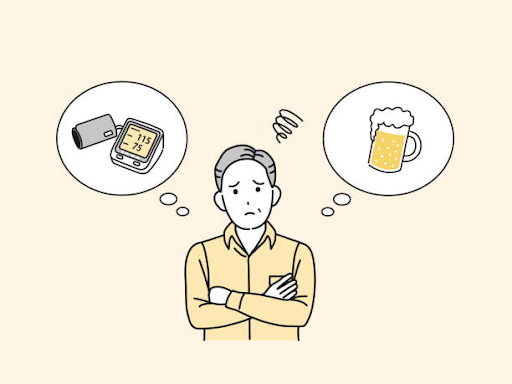
ALCOHOL & BLOOD PRESSURE: What’s The Connection?
January 16, 2024
Health & Medicals
Have you ever wondered if that evening drink might be having a subtle chat with your blood…
Read More

CAUSES OF HIGH BLOOD PRESSURE
January 3, 2024
Health & Medicals
Welcome aboard, health enthusiasts! Now, we know, discussing the causes of High blood pressure might…
Read More
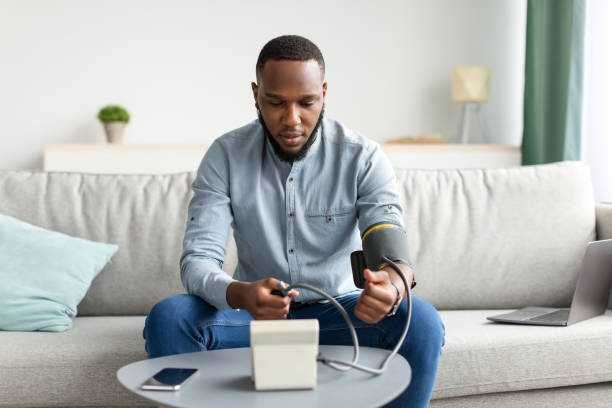
What Causes High Blood Pressure in African Men | Treatment Options
December 6, 2023
Health & Medicals
Today, we’re diving into a topic close to our hearts, quite literally – high blood pressure. If…
Read More

Get rid of Arthritis Pain permanently: 5 Natural Cures
November 11, 2023
Health & Medicals
Get rid of Arthritis Pain permanently: 5 Natural Cures Navigating Arthritis for African Men OUTLINE…
Read More
